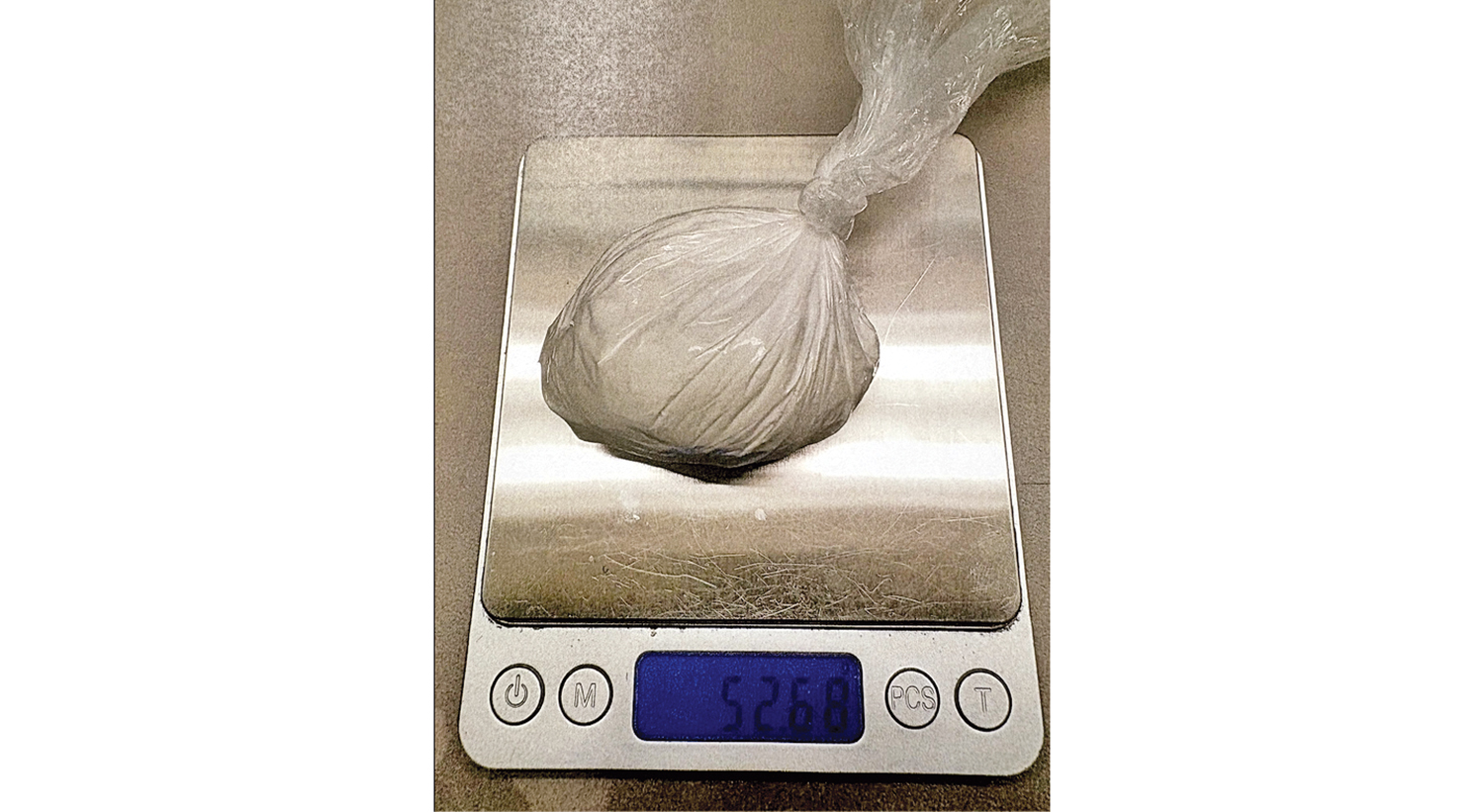Vance to dissolve last vestige of mothballed charity, Our Ohio Renewal sent doctor to study drug problem in Ironton
Published 5:00 am Sunday, August 18, 2024

- Sen. JD Vance, R-Ohio, holds his book "Hillbilly Elegy" as he speaks with supporters after a rally on July 1, 2021, in Middletown, where he announced he is joining the crowded Republican race for the Ohio U.S. Senate seat. (AP Photo/Jeff Dean, File)
COLUMBUS (AP) — Republican vice presidential nominee U.S. Sen. JD Vance is preparing to dissolve the vestiges of a charitable effort he launched in Ohio after publication of his best-selling memoir “Hillbilly Elegy,” the Trump-Vance campaign said.
Vance formed two like-named nonprofits starting in 2016 to address problems in Ohio and other “Rust Belt” states. They were primarily supposed to focus on boosting job opportunities, improving mental health treatment and combating the opioid crisis. The original organization folded within five years and Vance put the other on hold when he ran successfully for the Senate in 2022.
He faced criticism during the race over how little the groups accomplished. Despite Vance’s stated intentions to identify and produce national solutions to those problems, the nonprofits’ only notable achievement was paying to send an addiction specialist to southern Ohio for a year who had questioned the well-documented role of prescription painkillers in the national opioid crisis. Vance has acknowledged that the groups’ efforts fell far short of his aspirations.
One of the groups — a foundation — filed paperwork in April reinstating the corporate status it had allowed to expire in 2022.
Trump-Vance campaign spokesperson Taylor Van Kirk told The Associated Press that that filing was required because the foundation still had money left in its bank account and did not signal that Vance intended to resume the foundation’s efforts. She said he plans to close out its accounts and distribute the remaining balance to causes benefiting Appalachia.
Records the group filed with the state and obtained by the AP through a public records request show it reported about $11,000 remaining in the foundation’s account.
Vance’s first nonprofit, Our Ohio Renewal, was formed not long after “Hillbilly Elegy” was published in 2016. It was registered as a 501(c)(4) social welfare organization. Such groups are able to endorse candidates, though this one never did. Its contributions were not tax-deductible. Vance said his goal was to raise $500,000 a year to fund its work.
A year later, he created the Our Ohio Renewal Foundation. As a 501(c)(3) charitable group, it operates with more restrictions but also allows donors to receive tax deductions for donations.
The groups failed to catch on, in part because a key organizer was diagnosed with cancer. Our Ohio Renewal reported raising $221,000 in 2018 — $80,000 of which was Vance’s own money. It raised less than $50,000 a year thereafter, before being shut down in 2021, records show.
Meanwhile, the foundation appears to have raised and spent only about $69,000 from 2017 to 2023 — although figures in its annual reports don’t all add up. Neither Jai Chabria, a Vance political adviser who formerly worked as a consultant to the foundation, nor the campaign was able to explain the discrepancies, citing the passage of time and changes in personnel.
The AP reported in 2022 that the residency funded by Vance’s charitable efforts for Dr. Sally Satel in Ironton, Ohio, was clouded by ties between her, the American Enterprise Institute, where she was a resident scholar, and OxyContin manufacturer Purdue Pharma. Satel cited Purdue-funded studies in some of her writings while being paid by the institute, which at the time was receiving funding from the drugmaker, according to reports in ProPublica.
Vance’s Senate campaign said the candidate — whose family’s experience with addiction figured heavily in his book and helped inspire his charity work — was unfamiliar with Satel’s reliance on Purdue research in her work when she was selected for the 2018 residency. But he said he remained proud of her work treating patients in one of Ohio’s hardest hit areas.
Satel said at the time that she came to her conclusions independently, and AEI said it maintains a firewall between its scholars and its donors.





